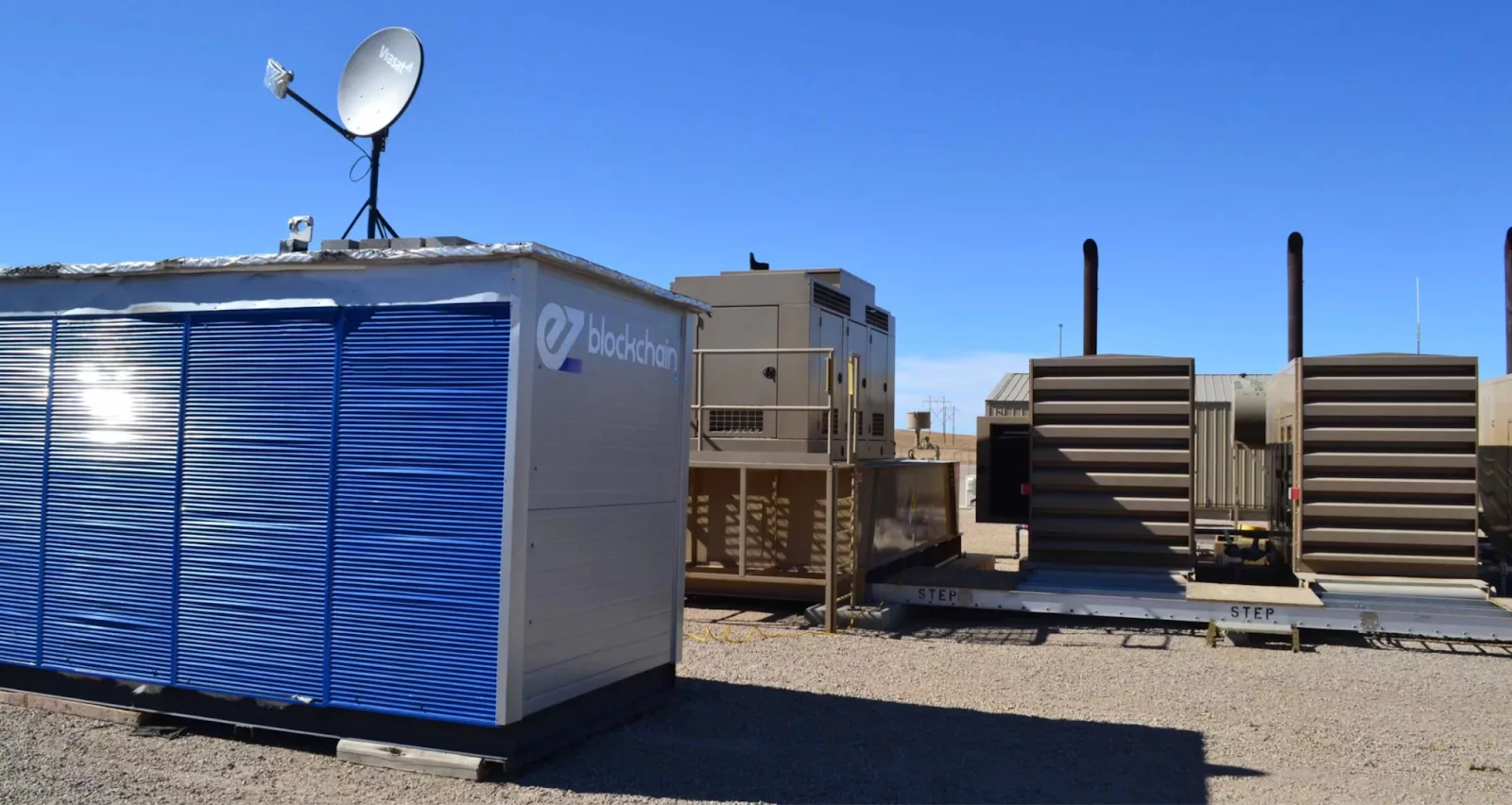|
Getting your Trinity Audio player ready...
|
For some time now, I’ve been echoing a sentiment that often goes unnoticed in the world of digital currency. Mining isn’t just about mining at scale; it’s about providing value-added services to both the blockchain economy and the energy sector.
Sure, but just like ink is to the desktop printer business, Mining isn’t about mining, at scale.
It’s about the value added services.
— Kurt Wuckert Jr | GorillaPool.com (@kurtwuckertjr) August 22, 2022
Regrettably, this perspective is rarely discussed outside the closed doors of major hashing operations, such as Riot Platforms (NASDAQ: RIOT), one of the largest BTC hashing operations globally. Recently, Riot made headlines by generating approximately $31 million through strategic leverage of its position within ERCOT, the Texas power grid. This figure dwarfs the roughly $9 million worth of BTC they mined. It highlights the critical role that adept power agreement management plays in the success of companies like Riot and the hashing industry as a whole.
The only non-industry voices speaking about these issues seem to be Dennis Porter with the Satoshi Action Fund, and the Proof of ESG group, of which I am a member.
Porter has carved a niche for himself as an advocate for Bitcoin’s energy consumption, arguing that it can be a net positive for both Bitcoin and the energy grid. His passionate plea for increased hash power isn’t just about benefiting Bitcoin but also about fortifying the grid and the industry at large. And he’s right! We need more voices to speak up on these issues.
Despite warnings from NERC that we may face 'energy shortages' this summer, California is reporting a record breaking amount of curtailment from their renewable energy.
California needs #Bitcoin mining. pic.twitter.com/1cqZIf147Q
— Dennis Porter (@Dennis_Porter_) June 9, 2023
This point is pivotal. Before Bitcoin, there was no straightforward way to monetize the utilization of waste resources or provide a financial incentive for substantial investment in research and development in the energy industry. Apart from accommodating population growth, there was no driving force for energy industry entrepreneurs to expect profitability. Thus, since the dawn of industrial oil production, the industry was content with burning flare gas and releasing it into the atmosphere.

With the advent of Bitcoin and mobile hashing pods, this once-wasted resource can be captured, converted into usable electricity, and then mined for Bitcoin. This not only prevents harmful emissions but also transforms the oil and gas exploration sector from a simple cost center into a profit center.
It’s a win-win situation!

Returning to Riot, critics from the environmentalist movement have seized the opportunity to advocate for a statewide reduction in power consumption and a generally negative stance on mining. However, this approach merely calls for a halt to human progress. During Texas’ scorching summer months, the Texas power grid faces challenges, and one way to manage this is through systematic curtailment. Essentially, grid users are compelled to temporarily reduce their power usage to maintain stability for critical users. Riot, consuming about 700 megawatts of power in the state, is paid not to consume due to the size of its curtailment.
Luke Metzger of Environment Texas argued, “It’s absurd that we’re paying this company $31 million to stop using electricity when the rest of us are not compensated for reducing our electricity use.”
Nonetheless, this perspective is misguided. Firstly, it’s presumptuous to use “we” in such a context, especially when individuals like Metzger aren’t directly contributing. More importantly, the notion of staying small, consuming less, and retreating during high-demand periods is regressive.
In reality, thanks to Bitcoin and Riot’s innovative risk-taking, ERCOT has gained substantial revenue to explore the future of power generation and distribution in Texas, and potentially, the world. Riot’s initiatives in this field can finance research that would have otherwise taken decades or required state and federal funding. Private sector profit-seeking has accelerated grid strengthening, and Riot receives compensation for adhering to curtailment agreements with ERCOT. Another win-win!
In a press release last week, the company stated, “Riot actively participates in several demand response programs for the benefit of all Texans,” and “We are proud to contribute to the overall health and prosperity of the state that has helped our company to grow into the innovative, thriving team that it is today.”
As the era of block subsidy-driven mining comes to an end and Bitcoin transitions into a fee-based economy, we must focus on the positive externalities of Bitcoin as a whole.
Earlier, I mentioned “value-added services to… the blockchain economy,” which remains an unexplored opportunity in the Bitcoin world. Mining nodes will play an increasingly critical role over time. It’s heartening to see companies like Riot seizing opportunities in the energy sector during this period of Bitcoin’s transition.
As blockchain technology continues to evolve and mature, it has become increasingly important to broaden our viewpoint beyond mere competition between miners.
Learn more here: https://t.co/GhbAbwhce2
— BSV Association (@BSV_Assn) September 14, 2023
I recently co-authored a futurist’s perspective on mining economics for the next decade, emphasizing the need to professionalize nodes, indexing, and service APIs. This will allow us to replace the term “miner” with something akin to “Web3 ISP.”
Click to read the e-book co-authored by Bryan Daughtery and Gregory Ward.
In short, Bitcoin must either create a net economic benefit as the subsidy diminishes, or we will have spent a very long time LARPing about the future of money.
In no uncertain terms, we need more paid transactions, bigger blocks, and more people using Bitcoin to create exponential value that can’t be created any other way. If we don’t do those things, the benefits to the grid and in capturing things like flare gas will all be for naught. Be shrewd, bitcoiners.
Watch: Think of Bitcoin mining as financial self-discipline

 02-26-2026
02-26-2026 




